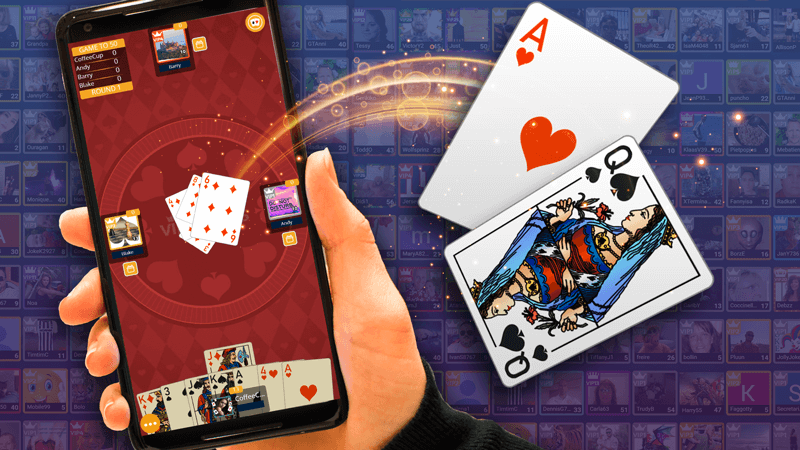
The World of Online Games: A Digital Frontier of Connection and Creativity
Online gaming has become a phenomenon that transcends borders, languages, and generations. Once limited to solitary players facing off against computers, gaming has evolved into a vast and vibrant ecosystem of virtual worlds, real-time competitions, and immersive stories Megaxwin. From simple web-based games to sprawling MMORPGs (Massively Multiplayer Online Role-Playing Games), online gaming is now a key pillar of digital entertainment, rivaling movies and music in both popularity and cultural impact.
The Evolution of Online Gaming
The rise of online gaming began in the late 1990s, as the internet became more accessible. Games like StarCraft and Ultima Online allowed players to connect and compete in ways never imagined before. What made online gaming revolutionary was not just its technological innovation, but the social element it brought into play. Gamers were no longer isolated players facing a screen; they were interacting with others across the world, cooperating in raids, or competing in intense battles.
The genre evolved quickly. Early online experiences like Runescape and World of Warcraft gave players entire worlds to explore together, filled with quests, dungeons, and challenges that required teamwork and strategy. These games created digital communities where friendships were formed, rivalries ignited, and memorable experiences forged.
Diverse Genres for Diverse Gamers
Today, online gaming offers a staggering diversity of genres catering to almost every kind of player. First-person shooters like Call of Duty: Warzone or Counter-Strike provide fast-paced competitive action, while RPGs like Final Fantasy XIV and The Elder Scrolls Online offer deep narratives and character development.
Casual gamers aren’t left behind, either. Games like Among Us or Fall Guys exploded in popularity for their easy-to-understand mechanics and engaging social dynamics. Meanwhile, online card games like Hearthstone and digital board games like Catan Universe offer slower-paced, strategic gameplay.
Additionally, the rise of mobile gaming has widened the online gaming audience. Titles like PUBG Mobile, Genshin Impact, and Clash of Clans attract millions of players, democratizing online gaming even further by allowing people to play on their phones wherever they are.
The Social Dimension of Online Games
One of the most fascinating aspects of online gaming is its capacity to foster social interaction. Contrary to stereotypes that portray gamers as antisocial loners, research has shown that many online gamers build strong, lasting friendships through their gaming experiences. Voice chat, text chat, and forums make it easy for players to communicate and connect. Online games have even been a catalyst for real-world relationships, with numerous stories of friends meeting in person or couples who found love through gaming.
Online gaming communities are also noteworthy for their diversity. Players from different countries, backgrounds, and cultures often team up to achieve a common goal or face each other in friendly (or not-so-friendly) competition. This multicultural, multilingual melting pot makes gaming a valuable platform for global interaction.
During the COVID-19 pandemic, online games played an even more critical role in maintaining social connections. With physical meetings restricted, platforms like Animal Crossing: New Horizons, Fortnite, and Minecraft became virtual meeting grounds, where friends, families, and colleagues could hang out, celebrate, or collaborate on creative projects.
The Rise of eSports and Professional Gaming
A significant shift in online gaming has been the emergence of eSports. Competitive gaming has become a global spectator sport, with tournaments boasting prize pools worth millions of dollars. Games like League of Legends, Dota 2, and Counter-Strike: Global Offensive have massive professional scenes, with teams, sponsorships, and passionate fanbases.
The growth of eSports has paralleled that of traditional sports in some ways, with leagues, team management, and training regimens. The best eSports athletes are treated like celebrities, enjoying sponsorship deals, media attention, and fan followings. Major tournaments, like The International for Dota 2, attract viewers on par with traditional sporting events, with viewership numbers in the tens of millions.
The boom in live-streaming platforms such as Twitch and YouTube Gaming has also contributed to the rise of eSports. These platforms allow players to showcase their skills, grow fan communities, and even earn a living through donations, sponsorships, and ad revenue.
Virtual Economies and Digital Creations
Some online games have developed sophisticated virtual economies where in-game items hold real-world value. For example, Counter-Strike: Global Offensive features a trading system for weapon skins, with some rare items being sold for thousands of dollars. Similarly, in World of Warcraft, players can spend time gathering in-game gold, which can be exchanged for game time or sold through sanctioned systems.